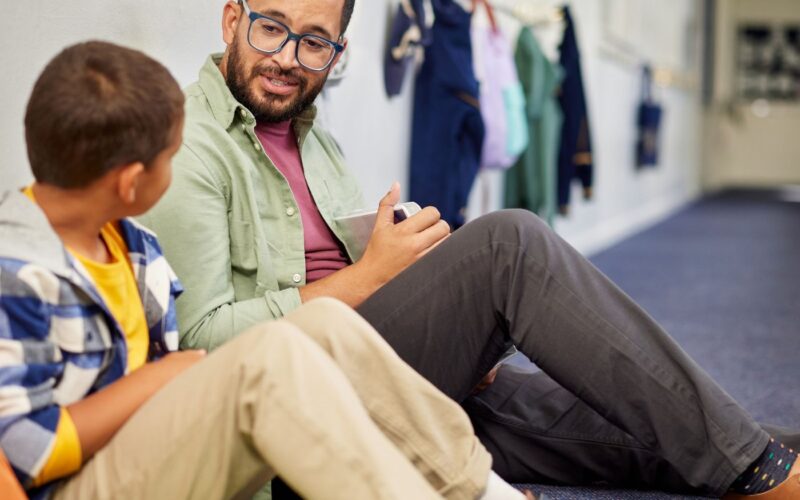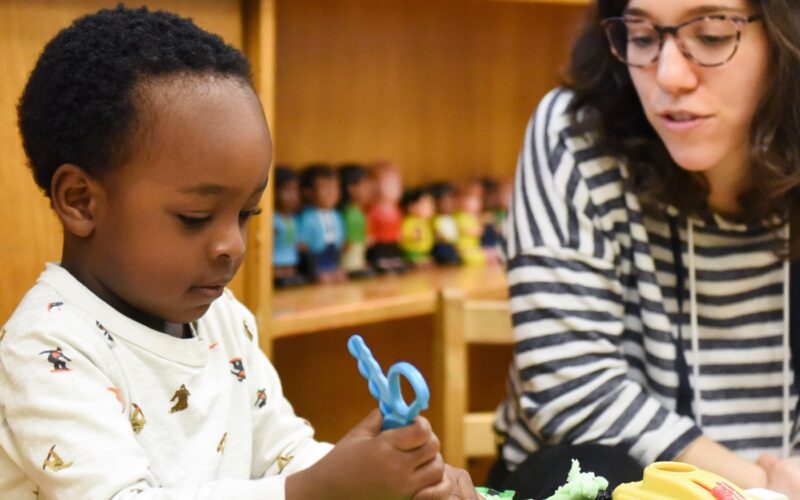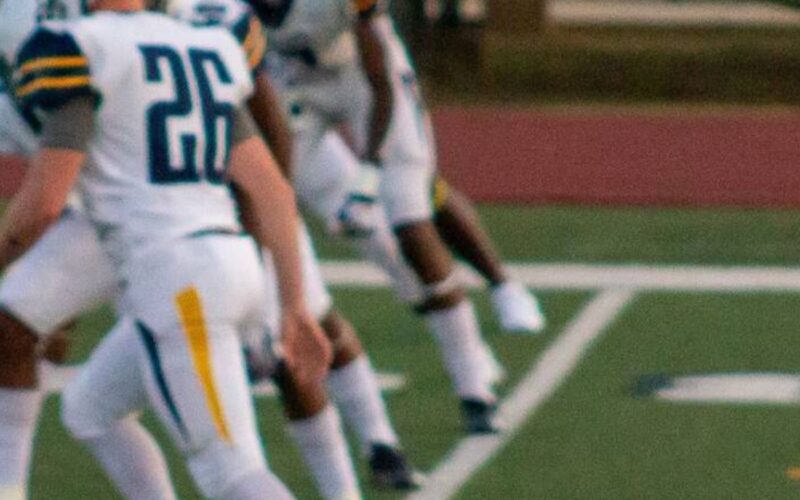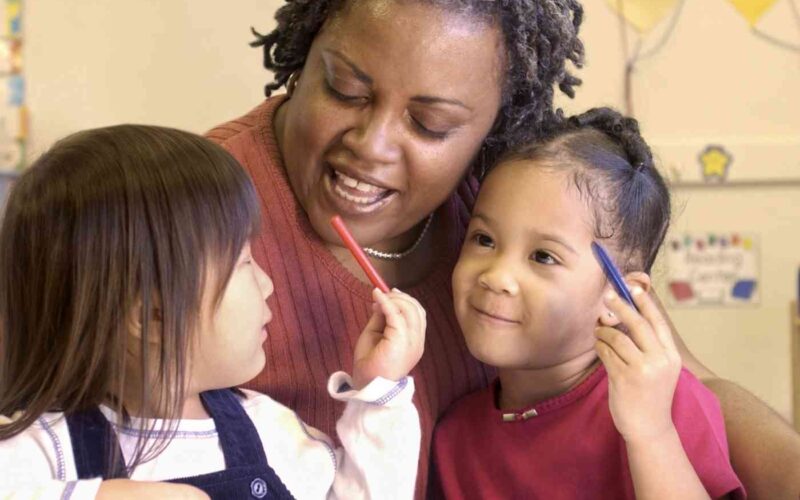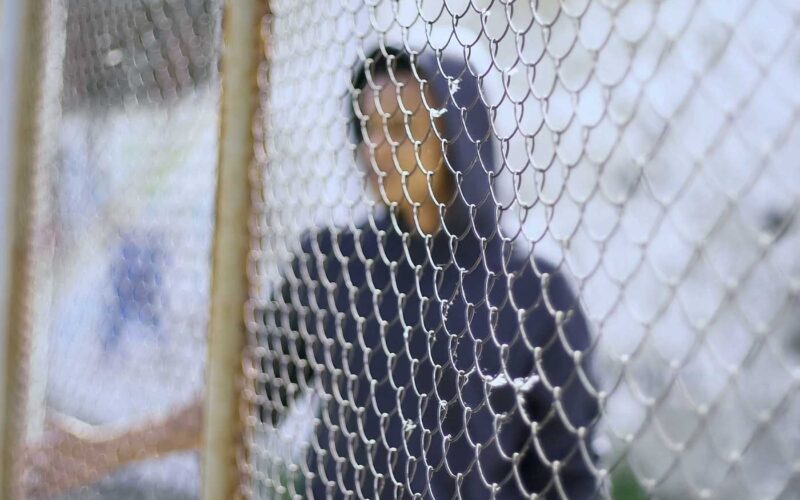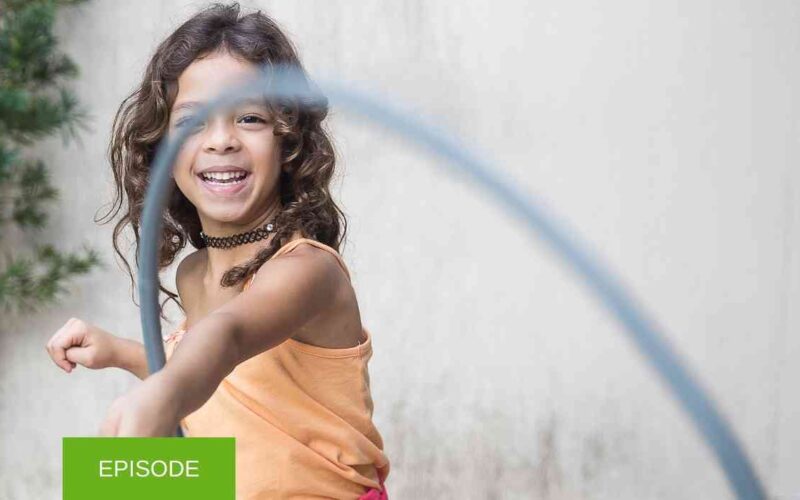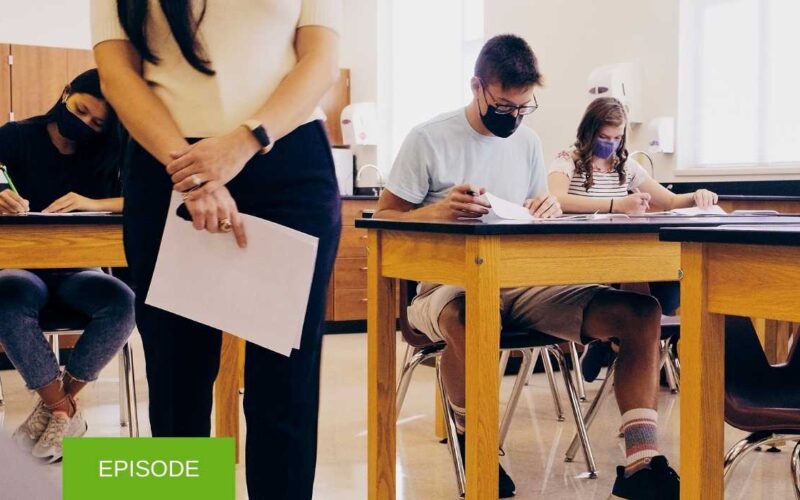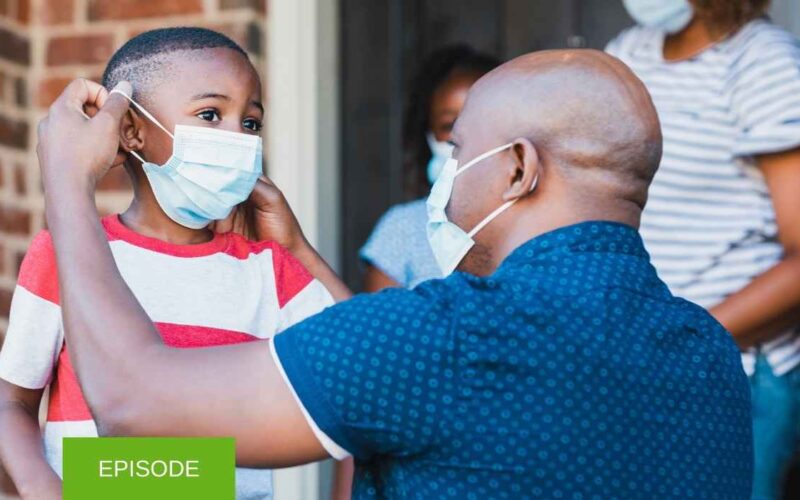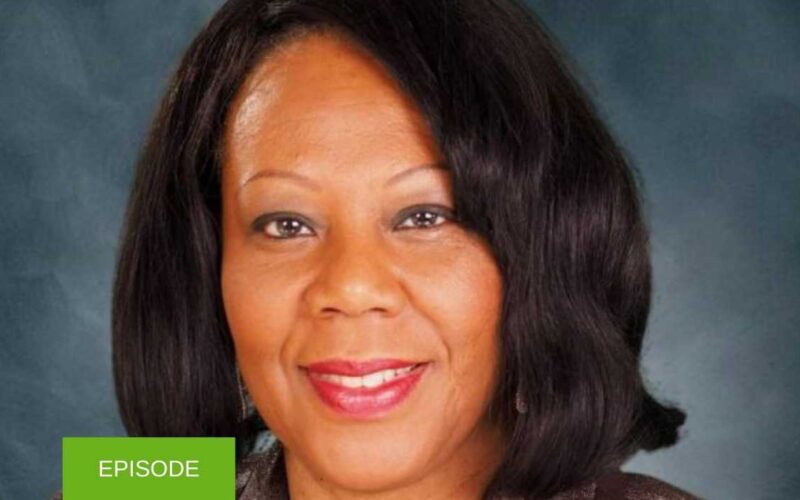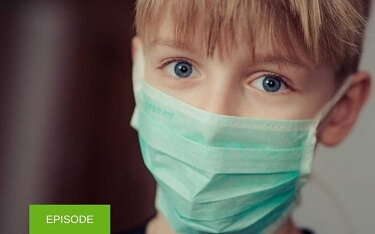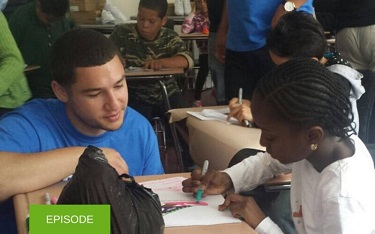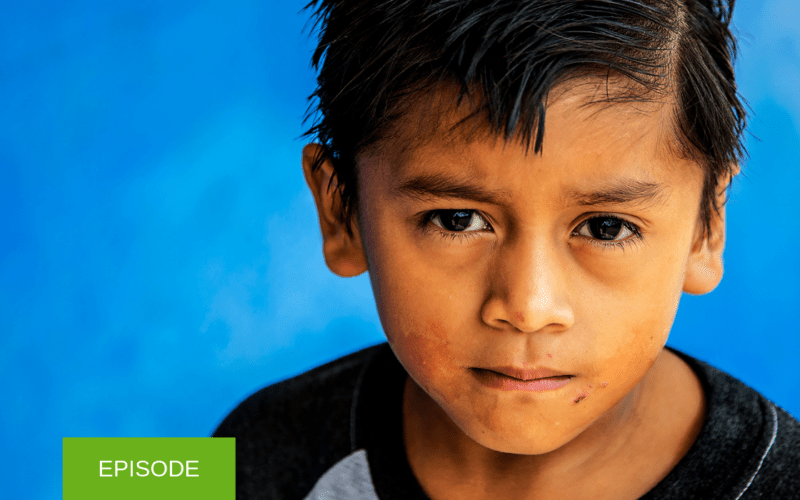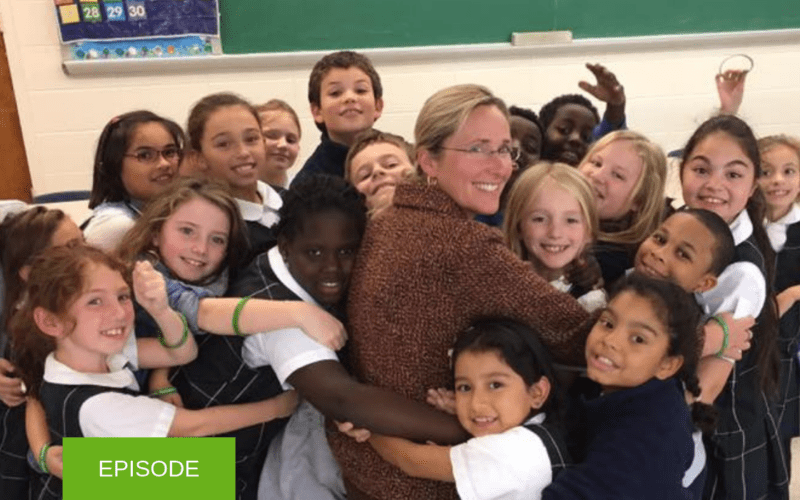Teachers as Interpreters: Listening to Every Student
We speak with Dr. Cynthia Ballenger about her recent book, “Teaching Is Inquiry: Observation and Reflection as the Heart of Practice,” a series of stories from the classroom. We discuss the often overlooked, “life-changing” value of ethnographic approaches for teachers. Dr. Ballenger shares her work with the children she calls “puzzling” and the importance of “stopping time” for reflection.
Read More
